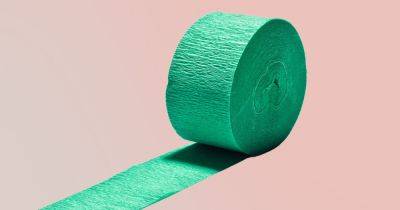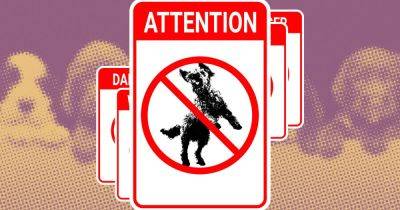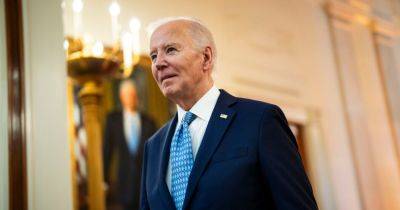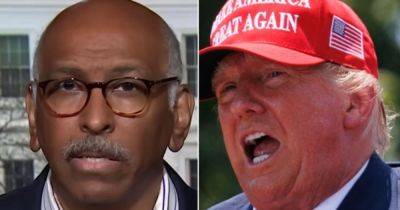So THAT'S Why Your Voice Sounds Older When You Age
Ask any little kid who’s playing the grandparent in a school play — high and scratchy is the way to go to pull off a perfect “old person” voice. And while we all understand that what’s being depicted is a caricature, we might be unaware of how similar changes are gradually being more evident in our own voices. If you’ve noticed that your voice has been growing unsteady, weaker or breathier, you may be experiencing symptoms of presbyphonia , a term that refers to the changes of the aging voice.
These changes happen to about 1 in 5 of us as we age, according to Lisa Vinney, a speech-language pathologist and faculty member at the University of Wisconsin-Madison. “Age-related voice changes happen to everyone to some degree,” she said. “But those changes can occur more rapidly or be more pronounced thanks to genetic, lifestyle and health factors.”
Presbyphonia can start as early as your 50s, but grows in prevalence as people age, said otolaryngologist Dr. Dehra McGuire, known as “ voicedocok ” on Instagram. “Most of the patients I see are around retirement age or older,” she said.
Why does this happen?
Dr. Robert T. Sataloff is a medical doctor, professor and chair of the department of otolaryngology at Drexel University College of Medicine. He cited a number of factors that may be contributing to a weaker voice as we age. “Our vocal folds lose muscle mass because of hormonal, neurological, metabolic and environmental influences,” he said. “As the muscles atrophy and become less bulky, the vocal folds don’t close as firmly, so the voice becomes weak and breathy.”
“There also are changes in the thickness of the surface layer of the vocal folds, the number of nerve fibers, the strength and efficiency of the respiratory







